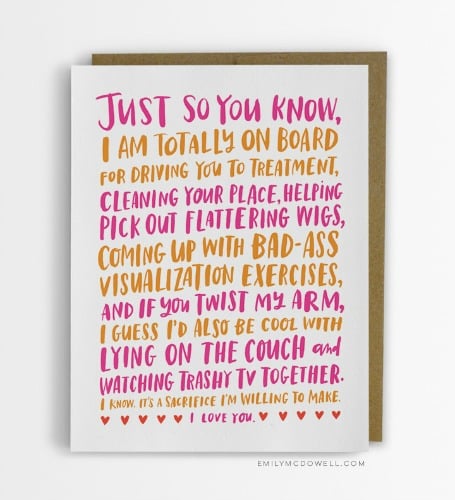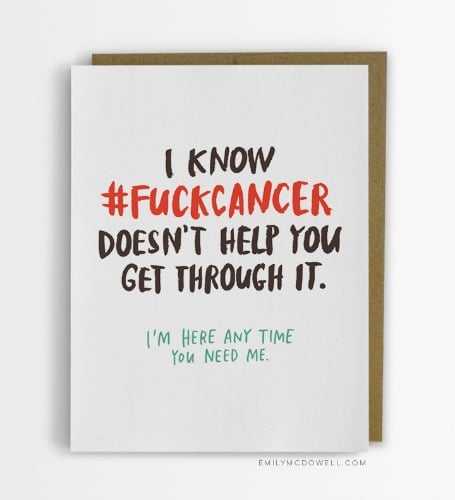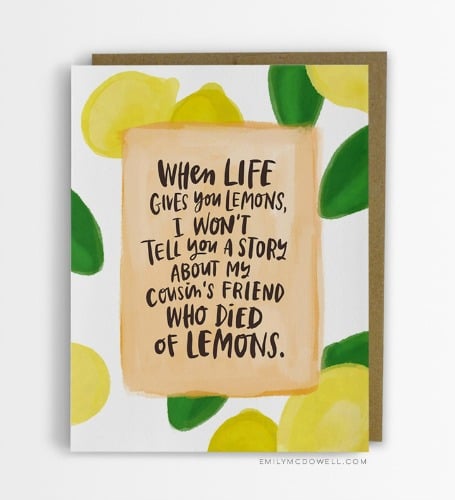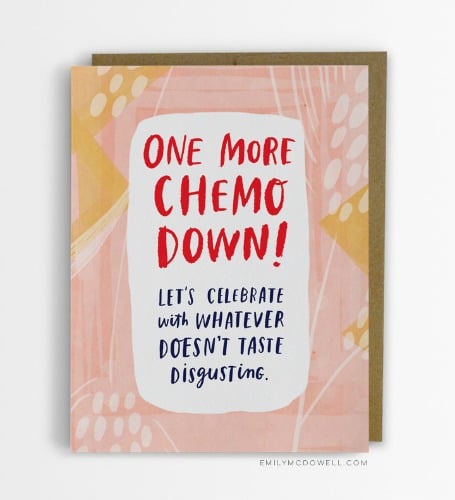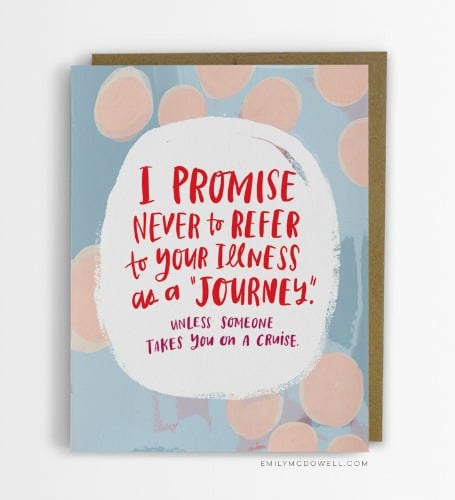
By Linda Mottram and Matthew Bevan
How do you talk to the grieving parent of a dead child?
There is a “conspiracy of silence” when children die in our society, says a visiting bereavement expert. And we no longer have the time or the understanding of death that enables us to deal with parental or sibling grief, in particular.
That failure, says Canon Reverend Dr Simon Stephens, a British Anglican priest and founder of the support organisation The Compassionate Friends, extends beyond individuals to government and religious institutions.
"Doctors, clergy and the caring professions still don't know how to adjust to the news that a child has died," Reverend Stephens told 702 ABC Sydney.
"So frequently we hide behind easy words. I think one of the indictments of the Church is that men and women say that 'your child is safe in the arms of God'. When the church says they're safe elsewhere, that's no comfort at all," he said.
Rev Stephens is in Australia on a speaking tour to support the work of The Compassionate Friends, which has a network of support groups around the state and the country and has been operating in Australia for almost 40 years.
'Please just listen'
When Rev Stephens joined 702 Mornings, callers generously shared their experiences and agreed that even good friends were apt to stay away at the news of such deep sadness in a family.
"One of the hardest things we find as a family is people don't know what to say, so they don't say anything," said Melanie from Bayview, whose 17-year-old daughter died just over four years ago.

